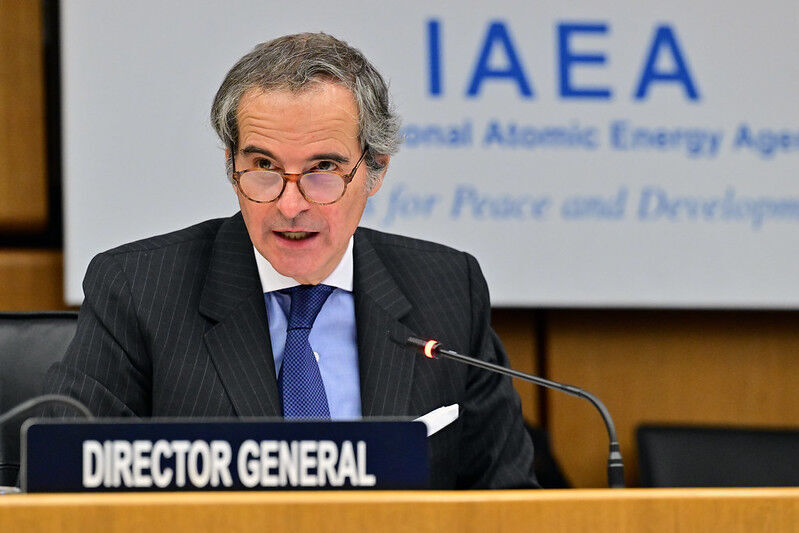
Similar Posts
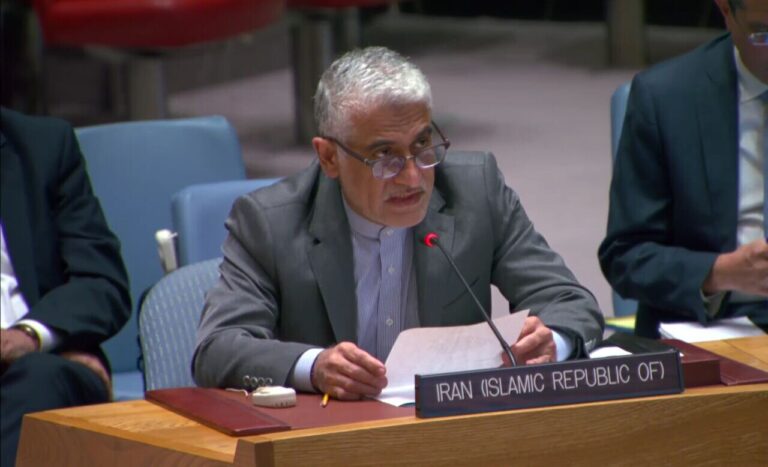
Iran Reaffirms Commitment to NPT and Collaborates Effectively with IAEA
In his address to the UN Disarmament Commission on April 8, 2025, Iran’s Ambassador Amir Saeed Iravani underscored the longstanding cooperation between Iran and the International Atomic Energy Agency (IAEA). He argued that reducing foreign political pressure on the IAEA could help resolve outstanding issues between Iran and the agency. Iravani expressed concern over global disarmament challenges, criticizing nuclear-armed states for failing to meet their obligations while modernizing their arsenals. He reaffirmed Iran’s commitment to the Nuclear Non-Proliferation Treaty (NPT) and emphasized the need for a nuclear-weapon-free zone in the Middle East, particularly addressing Israel’s nuclear capabilities.
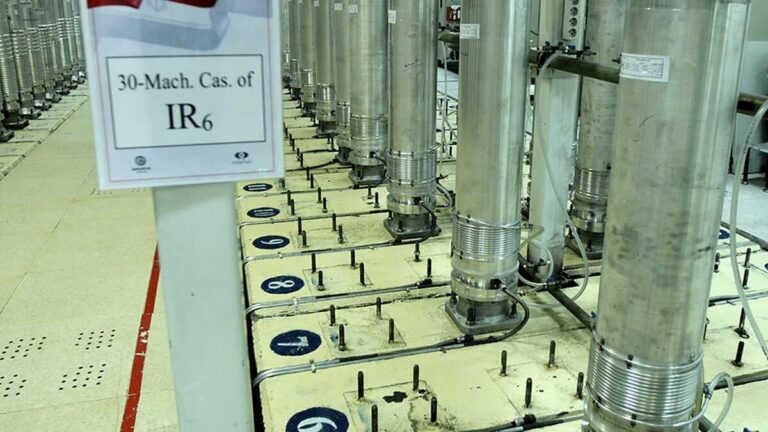
Iran’s Nuclear Case: No Changes in Management, Confirms MFA
The Iranian Ministry of Foreign Affairs (MFA) has reaffirmed its commitment to managing the country’s nuclear case, emphasizing that there have been no changes in the approach to negotiations. The MFA will continue to oversee discussions, maintaining its previous strategy. In response to media inquiries, the ministry confirmed the consistency of its management. Additionally, the Supreme National Security Council will remain responsible for determining the negotiating strategy and coordinating efforts among relevant institutions. This statement is significant in understanding Iran’s stance on nuclear negotiations amid ongoing international scrutiny.
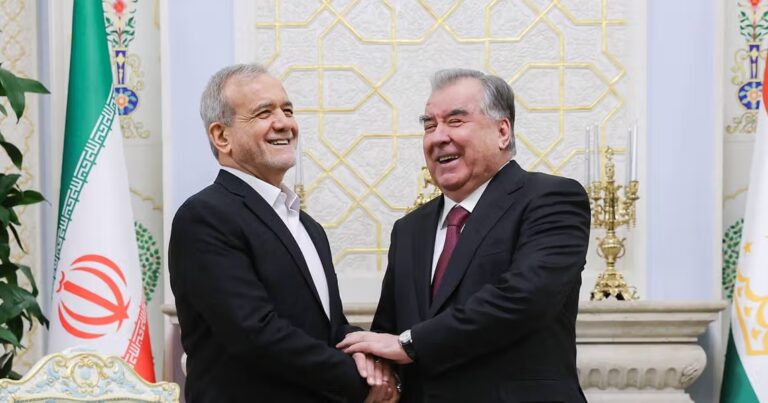
Iran’s President Advocates for Peace and Unity Against War During Tajikistan Visit
During his first international trip in 2025 to Tajikistan, Iranian President Masoud Pezeshkian condemned war and violence, emphasizing the need for peace and diplomacy. Speaking at the Avicenna Tajik State Medical University, he stated that those who engage in conflict likely have psychological issues. Pezeshkian reiterated Iran’s commitment to de-escalation and honorable negotiations, particularly in light of the incoming US administration. His visit included the signing of 23 Memorandums of Understanding with Tajikistan, focusing on economic and cultural cooperation. Despite facing international sanctions and internal challenges, Pezeshkian’s trip highlights Iran’s desire to strengthen diplomatic ties and promote stability in the region.
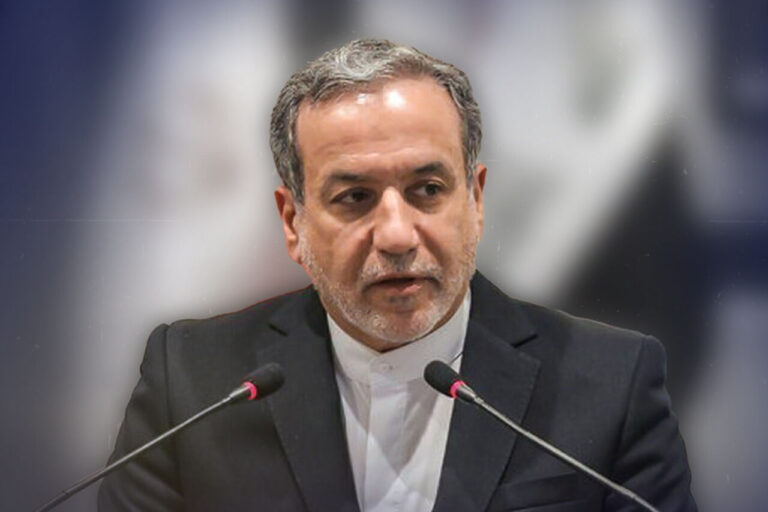
Araqchi Unveils Strategic Goals of His Pakistan Visit: Key Insights and Objectives
Foreign Minister Abbas Araqchi’s visit to Pakistan marks a significant effort to strengthen regional cooperation and address developments between Iran and the U.S. Leading a political delegation, Araqchi aimed to assess the situation between India and Pakistan, emphasizing Iran’s friendly relations with both nations. He also provided updates on indirect U.S.-Iran negotiations and reviewed the political, economic, and cultural ties between Iran and Pakistan. This one-day visit is pivotal for enhancing bilateral relations and navigating the complexities of regional dynamics, reaffirming Pakistan’s status as a neighboring and brotherly nation.
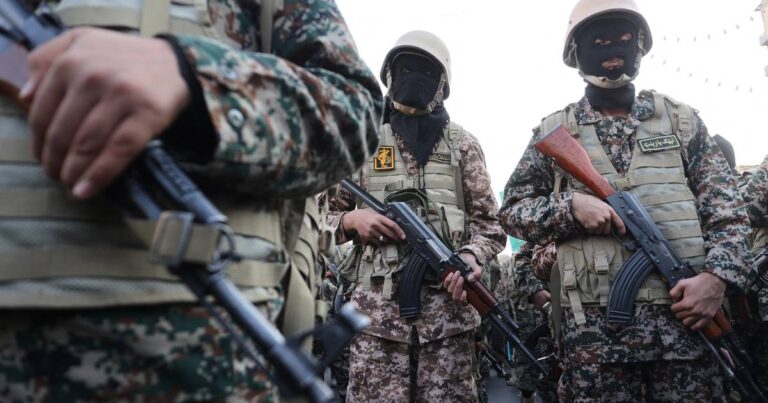
IRGC Uncovers and Arrests Members of ‘Spy Network’ Tied to Persian Gulf Nation
Authorities in Iran have arrested individuals connected to a spy network associated with a Persian Gulf country’s intelligence services, as announced by the Revolutionary Guards. The arrests took place in Khuzestan Province, where the suspects were reportedly gathering sensitive information from critical facilities. They have been transferred to judicial authorities for further investigation. The incident underscores ongoing security concerns and tensions in the region. Although the Islamic Revolutionary Guard Corps frequently claims to dismantle spy networks, skepticism remains due to a lack of substantial evidence. The case raises questions about transparency, due process, and the balance between national security and civil liberties.
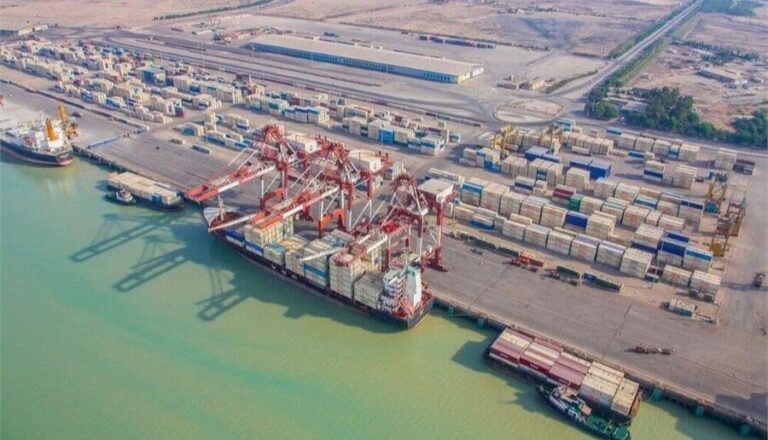
Khuzestan Ports Report Record 1,538 Vessels Handled in the Past Year!
In the Iranian year ending March 2025, the Khuzestan Ports and Maritime Administration processed 1,538 vessels, emphasizing maritime safety and efficiency. They conducted over 5,600 vessel traffic service operations and provided pilotage in 6,200 instances, totaling nearly 19,000 operational hours. Tugboats assisted in over 8,000 operations, with around 24,000 service hours. The administration issued more than 10,000 maritime documents to enhance workforce readiness. Environmental initiatives included collecting 5,000 cubic meters of ship-generated waste and conducting 142 pollution response operations. Additionally, 2.5 million cubic meters of sediment were dredged to maintain navigational safety in key waterways.